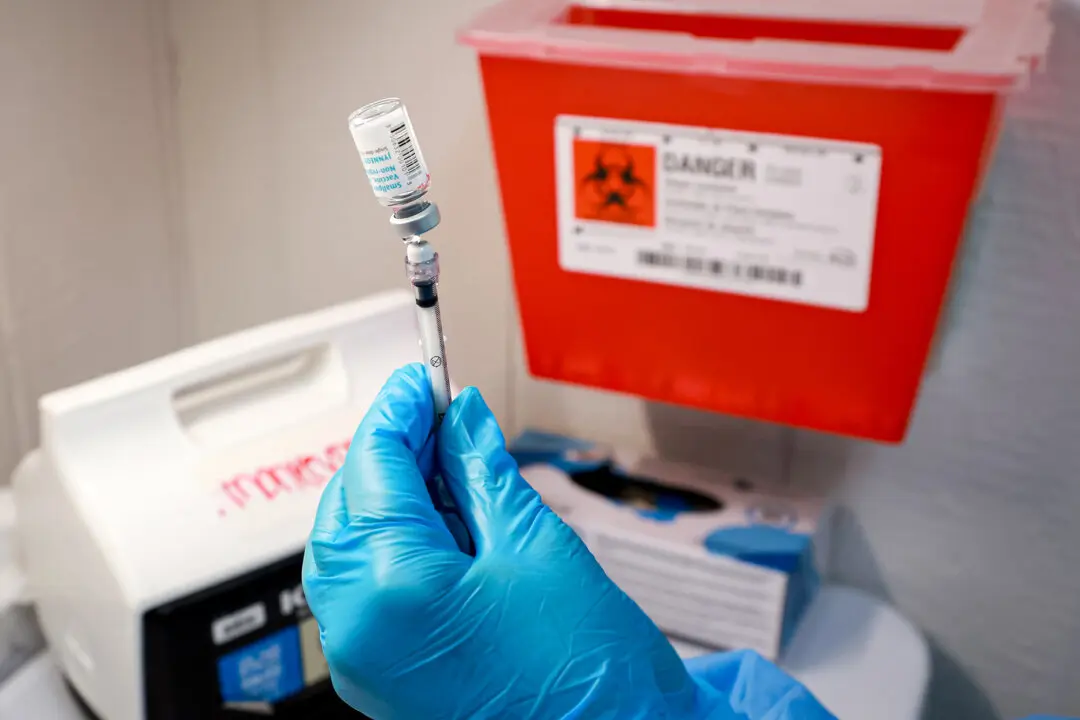The U.S. Department of Agriculture (USDA) on May 22 approved requests from the governors of Iowa and Indiana that asked permission to bar residents from using food stamps for soda and certain processed foods.
USDA Secretary Brooke Rollins said at an event in Washington that she signed waivers from the two states, several days after the USDA allowed Nebraska to become the first state to ban soda from the program formally known as the Supplemental Nutrition Assistance Program (SNAP).





